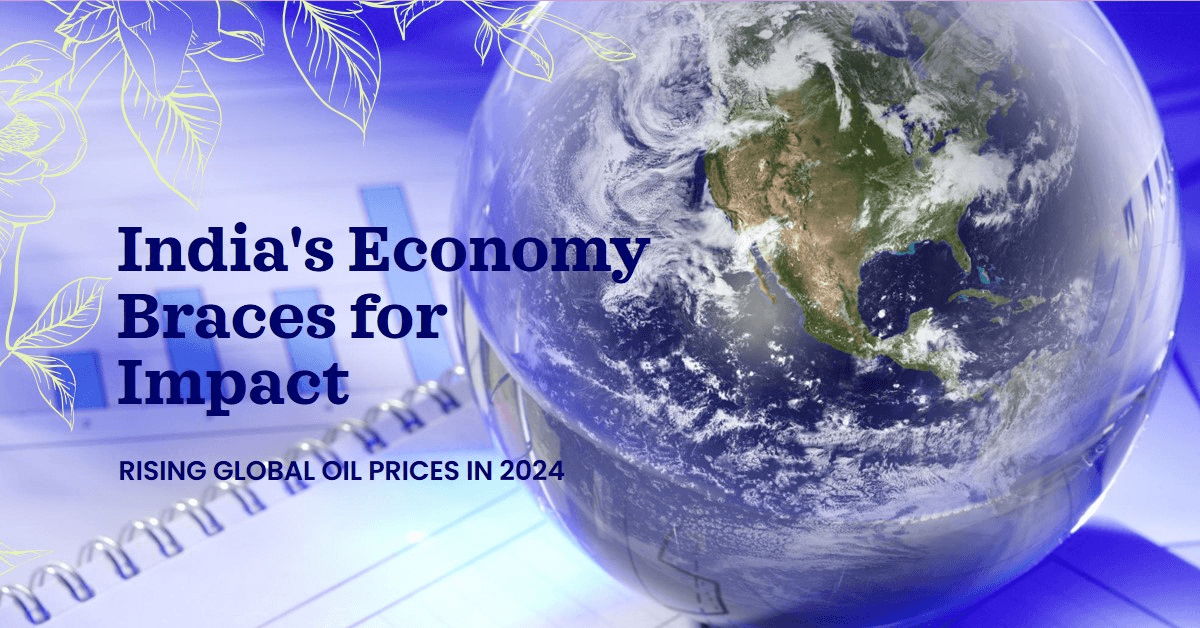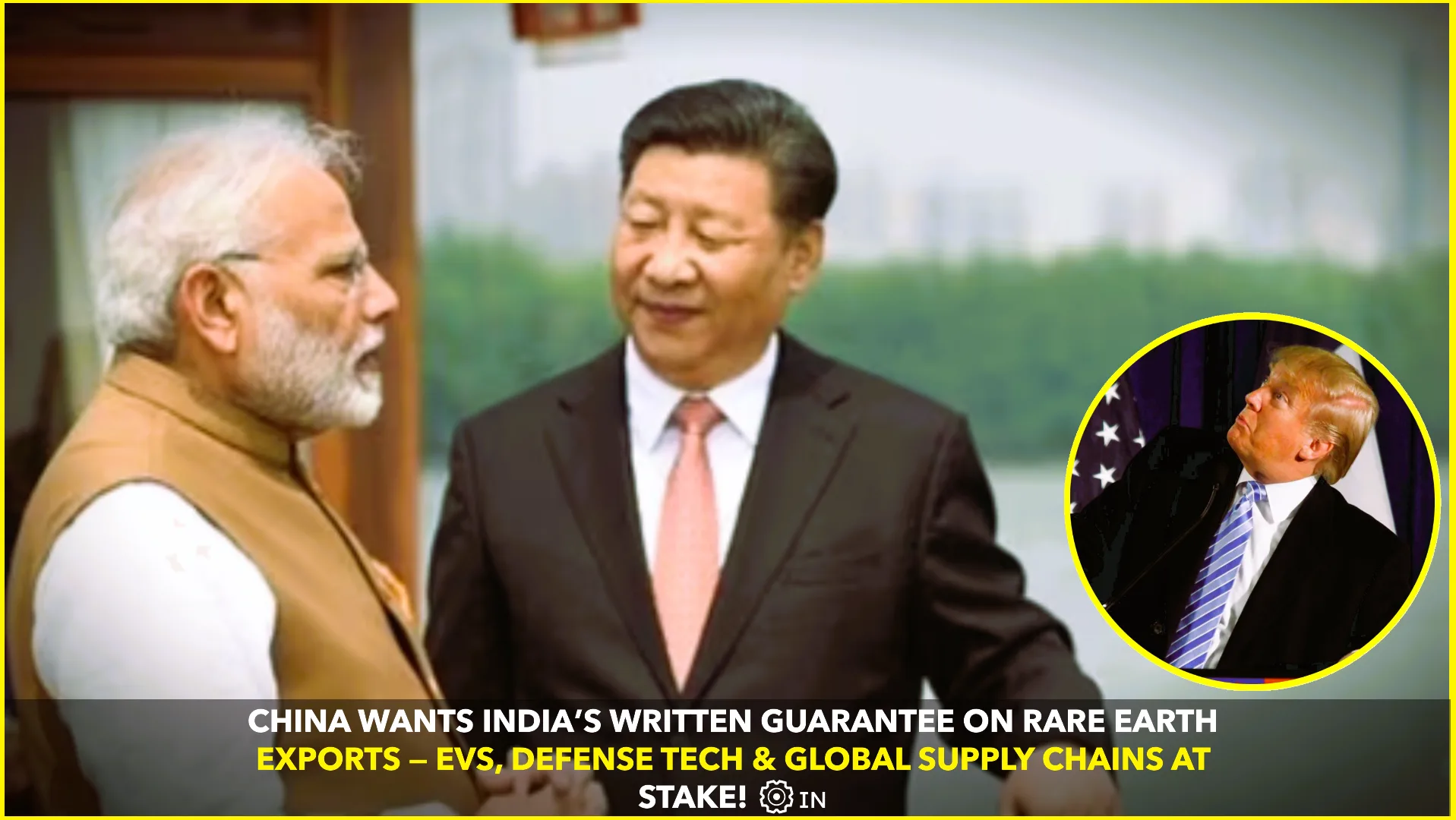As global oil prices continue to fluctuate, their impact on India’s economy in 2024 has been profound. Being the third-largest oil consumer in the world, India imports over 80% of its oil needs, making it highly vulnerable to international price shocks. The consequences of rising oil prices are felt across various sectors, including trade balance, inflation, and transportation costs, which in turn affect the overall economic growth of the country. In this article, we will explore how these price changes are reshaping India’s economic landscape in 2024.
1. Impact on India’s Trade Balance
India’s trade balance has always been sensitive to changes in global oil prices. With crude oil being the largest item on the import bill, any increase in prices significantly widens the trade deficit. In 2024, the surge in oil prices has led to a sharp increase in the import bill, putting pressure on the country’s foreign exchange reserves and weakening the rupee against the dollar.
According to the Reserve Bank of India (RBI), the trade deficit widened by 20% in the first quarter of 2024 compared to the previous year. This expansion in the deficit is primarily driven by the higher cost of oil imports, which now account for nearly 30% of the total import value. The increased expenditure on oil imports has offset the gains from higher exports, particularly in sectors like IT and pharmaceuticals.
The widening trade deficit not only strains India’s foreign exchange reserves but also impacts investor confidence, potentially leading to capital outflows. This scenario could further weaken the rupee, making imports even more expensive and exacerbating the trade deficit. For a deeper dive into the effects of trade imbalances, read our article on India’s Trade Challenges in a Globalized Economy.
2. Inflationary Pressures
Rising oil prices directly contribute to inflation in India, given the heavy reliance on oil for transportation and energy production. In 2024, the impact of increased oil prices on inflation has been stark, with the Consumer Price Index (CPI) rising above the Reserve Bank of India’s comfort zone of 4-6%.
As oil prices surged, the cost of transportation and logistics increased, pushing up the prices of essential goods and services. The Ministry of Finance reported that inflation peaked at 7.2% in the second quarter of 2024, with food and fuel being the main contributors. This has put a strain on household budgets, especially among the lower and middle-income groups who spend a significant portion of their income on essentials.
To combat inflation, the RBI has been forced to tighten monetary policy by raising interest rates. However, this move comes with its own set of challenges, as higher interest rates can stifle economic growth by making borrowing more expensive for businesses and consumers alike. To learn more about how inflation is affecting the Indian economy, explore our detailed analysis on India’s Inflation Crisis and Policy Responses.
3. Impact on Transportation Costs
Transportation is one of the sectors most directly impacted by rising oil prices, and in India, the effects are widespread. The cost of fuel, primarily diesel and petrol, constitutes a significant portion of transportation expenses. In 2024, with the global oil prices hitting new highs, the cost of transportation in India has surged, affecting both passenger and freight services.
Public transportation costs have increased, leading to higher commuting expenses for daily wage earners and salaried employees. Freight costs have also risen, impacting the supply chain and leading to increased costs for businesses, which are often passed on to consumers. According to a report by The Energy and Resources Institute (TERI), transportation costs in India have increased by an average of 15% in 2024 due to higher fuel prices.
The rise in transportation costs also affects the agricultural sector, as farmers face higher costs for transporting goods to markets. This, in turn, can lead to higher food prices, adding to the inflationary pressures already burdening the economy. For more insights into the impact on the transportation sector, check out our article on The Rising Cost of Transportation in India.
4. Mitigating the Impact: Government Measures and Future Outlook
The Indian government has been taking several measures to mitigate the impact of rising oil prices. These include diversifying the energy mix by promoting renewable energy sources, increasing domestic oil production, and exploring long-term contracts with oil-producing countries to secure more stable prices.
The government is also focusing on reducing the dependency on oil imports by investing in electric vehicles (EVs) and enhancing public transportation infrastructure. Initiatives like the National Electric Mobility Mission Plan 2020 aim to promote the adoption of EVs, which could reduce the demand for oil in the long run. For an in-depth look at these strategies, read our article on India’s Push Towards Renewable Energy and EVs.
Moreover, India is pushing for strategic oil reserves to buffer against future price shocks. The expansion of these reserves is crucial for ensuring energy security and stabilizing the economy against volatile oil prices. Learn more about how India is preparing for future energy challenges in our coverage of India’s Strategic Oil Reserves and Energy Security.
Despite these measures, the immediate future remains challenging. With global oil prices expected to remain high due to geopolitical tensions and production cuts by major oil-producing countries, India’s economy will continue to face headwinds. Policymakers will need to strike a delicate balance between controlling inflation, managing the trade deficit, and sustaining economic growth.
Conclusion
The impact of rising global oil prices on India’s economy in 2024 is a complex issue that touches every aspect of the country’s economic framework. From trade balance and inflation to transportation costs, the ripple effects are widespread and significant. As India navigates these challenges, a multi-faceted approach involving policy interventions, strategic reserves, and a shift towards renewable energy will be crucial in mitigating the impact and steering the economy towards a more sustainable and resilient future.
For more insights on India’s economic challenges and strategic responses, explore our other articles on Epic Infinite, such as How Global Energy Trends Affect India and Navigating Economic Challenges in 2024.










